There are many skills that a homesteader should learn in order to be successful. These include basic skills, such as gardening and cooking, as well as more specialized skills, such as raising chickens or bees.
No matter what your skill level is, there is always something new to learn. And learning new things can be both fun and rewarding. Here are 20 life skills every homesteader should learn:
1. Gardening
A homesteader should know how to grow their own food. This includes knowing how to start seeds, care for plants, and harvest crops. By learning to garden, you can greatly reduce your food costs and eat healthier, fresher food. You can also learn how to compost waste matter to make the most of trash and improve your way of living.
You can also grow plants for other purposes, such as making herbal remedies and beauty products.
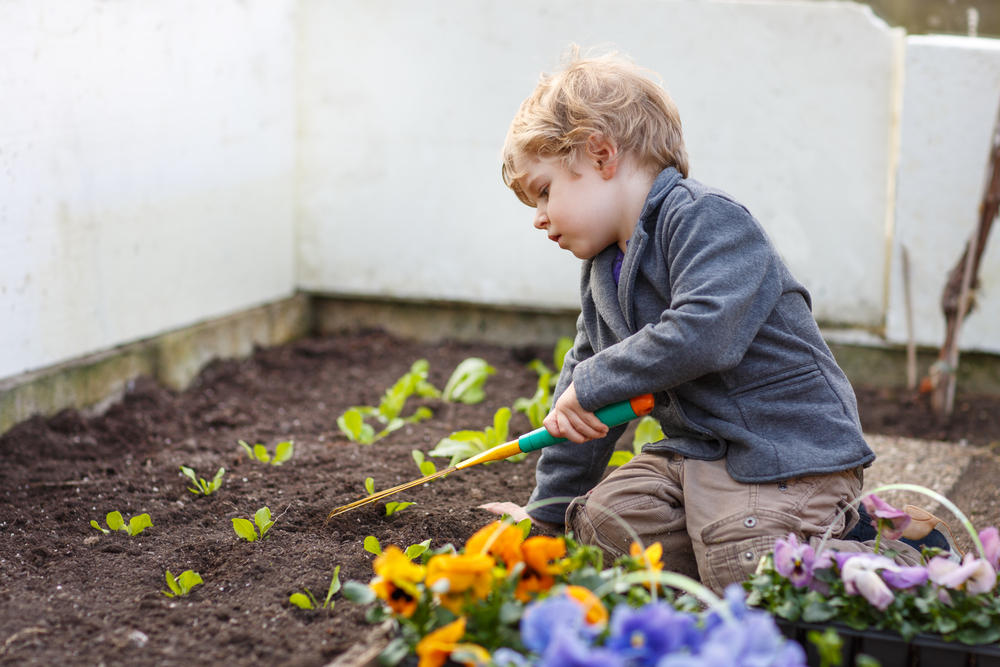
2. Canning
Canning is another way to preserve food. This skill allows you to take advantage of seasonal produce and enjoy it all year long. Canned food can last up to a year, or even longer if stored properly. For example, we store sauerkraut and use it with mushrooms to make kapusta z grzybami any time.
Not only can you plant fruits and vegetables, but you can also make jams, jellies, pickles, and other preserved foods.
3. Soap Making
Soap making is a great way to save money and control the ingredients in your soap. You can also make unique and interesting soaps by adding herbs, essential oils, or other natural ingredients.
You can make soap out of many things available on a homestead. For example, you can use:
- Lye made from ashes
- Goat’s milk
- Animal fat
- Plants you’ve grown in your garden
- Grains you’ve grown on your homestead
4. Bread Making
Homemade bread tastes better than store-bought bread, and it’s cheaper too! This skill is easy to learn and you can make all kinds of bread, from whole wheat to sourdough to sweet breads.
You can sell your bread at a farmer’s market or to local restaurants. Or you can simply enjoy it yourself!
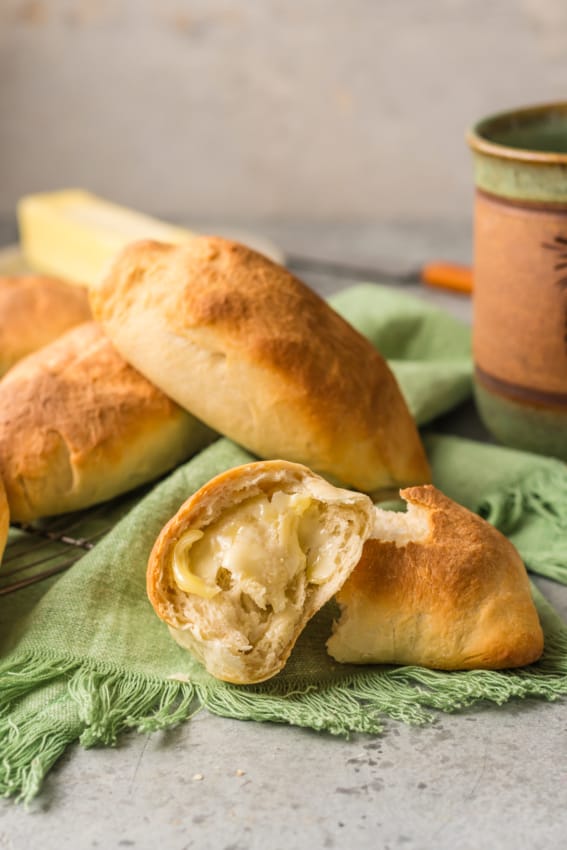
5. Cheese Making
Cheese-making is a great way to save money and control the ingredients in your cheese. You can also make unique and interesting cheeses by adding herbs, spices, or other flavors.
Making cheese is a bit more complicated than some of the other skills on this list, but it’s definitely worth learning! Some of the easiest cheeses to make at home include:
- Ricotta
- Goat cheese
- Feta
As you master those, you can move on to more challenging cheese-making projects, like cheddar and mozzarella.
6. Butchering
If you raise your own animals for meat, you’ll need to learn how to butcher them. This skill can be messy and difficult, but it’s an important part of homesteading.
For beginners, the best way to learn how to butcher is to find someone who already knows how and ask them to teach you. You can also find online resources and videos that can help you learn this skill.
One of the easiest animals to learn how to butcher is a chicken. Chickens that you have raised can be butchered by hand, and the process is relatively simple.
7. Candle Making
Candlemaking is a great way to create products from scratch using resources from your homestead. All you need is a wax-melting jug or an old pot and small glass jars and you’re set.
You can make all kinds of candles, from scented to unscented, and you can even add your own unique twist by adding herbs or essential oils. If you make too much you can always sell some of them online.

8. Herbalism
Herbalism is the study of plants and their uses for medicine, food, and more. This ancient practice can be used to create all kinds of products, from teas and tinctures to soaps and candles.
Herbalism is not only useful when it comes to creating products. It can also be used for preventative medicine and first aid. For example, you can use herbs to make a soothing balm for sunburns or an herbal tea to help with indigestion.
There are many books available on the subject. Some popular ones include the Encyclopedia of Herbal Medicine, Grow your own Medicine, and Herbal Healing Remedies with Easy to Brew Teas.
9. Pickling
Pickling is a great way to preserve food for later use. You can pickle all kinds of fruits and vegetables, and you can even add your own flavors to create unique pickles. We store dill pickles and use them to make dishes such as zupa ogorkowa.
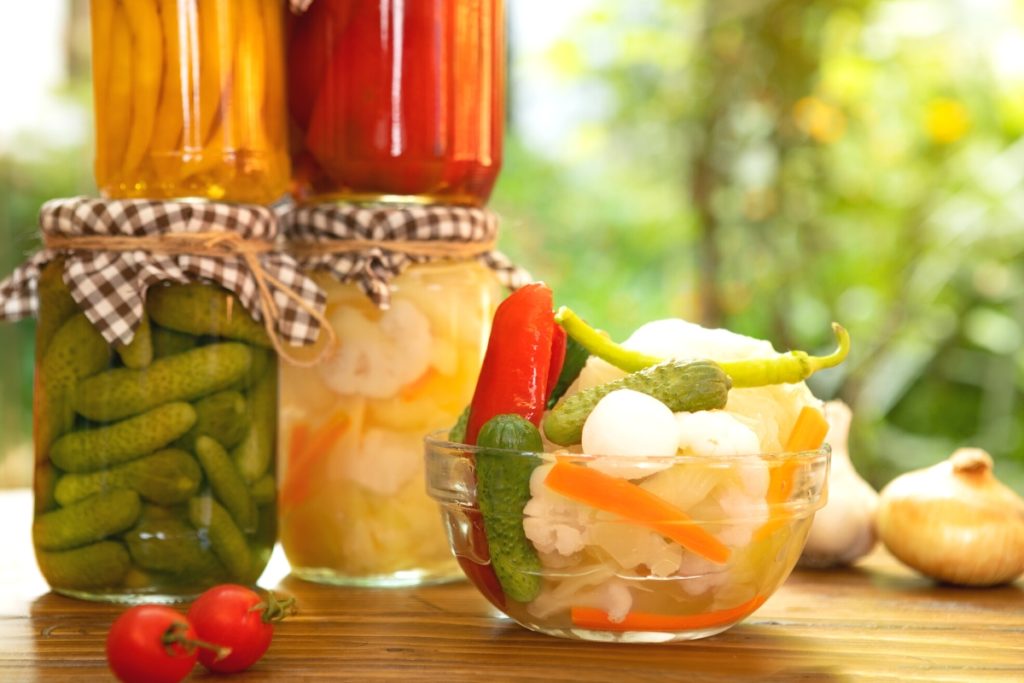
10. First Aid
First aid is an important skill to have on any homestead. Accidents happen, and it’s always good to be prepared.
Some of the most basic first-aid skills everyone should know include:
- How to clean and dress a wound
- Managing burns
- How to splint a broken bone
- Basic CPR
- The Heimlich maneuver
11. Beekeeping
Beekeeping is a great way to produce honey and help pollinate your plants. This skill can be challenging, but it’s very rewarding.
Keeping bees requires you to have a good understanding of their biology and behavior. You also need to be able to build and maintain the hive, and you need to know how to harvest the honey.
12. Navigation
Navigation is an important skill to have on any homestead. Knowing how to read a map and use a compass can help you find your way home if you ever get lost.
13. Building
Building is a great way to create structures on your homestead. Whether you’re building a shed for pets or barn animals, or a chicken coop, this skill will come in handy.
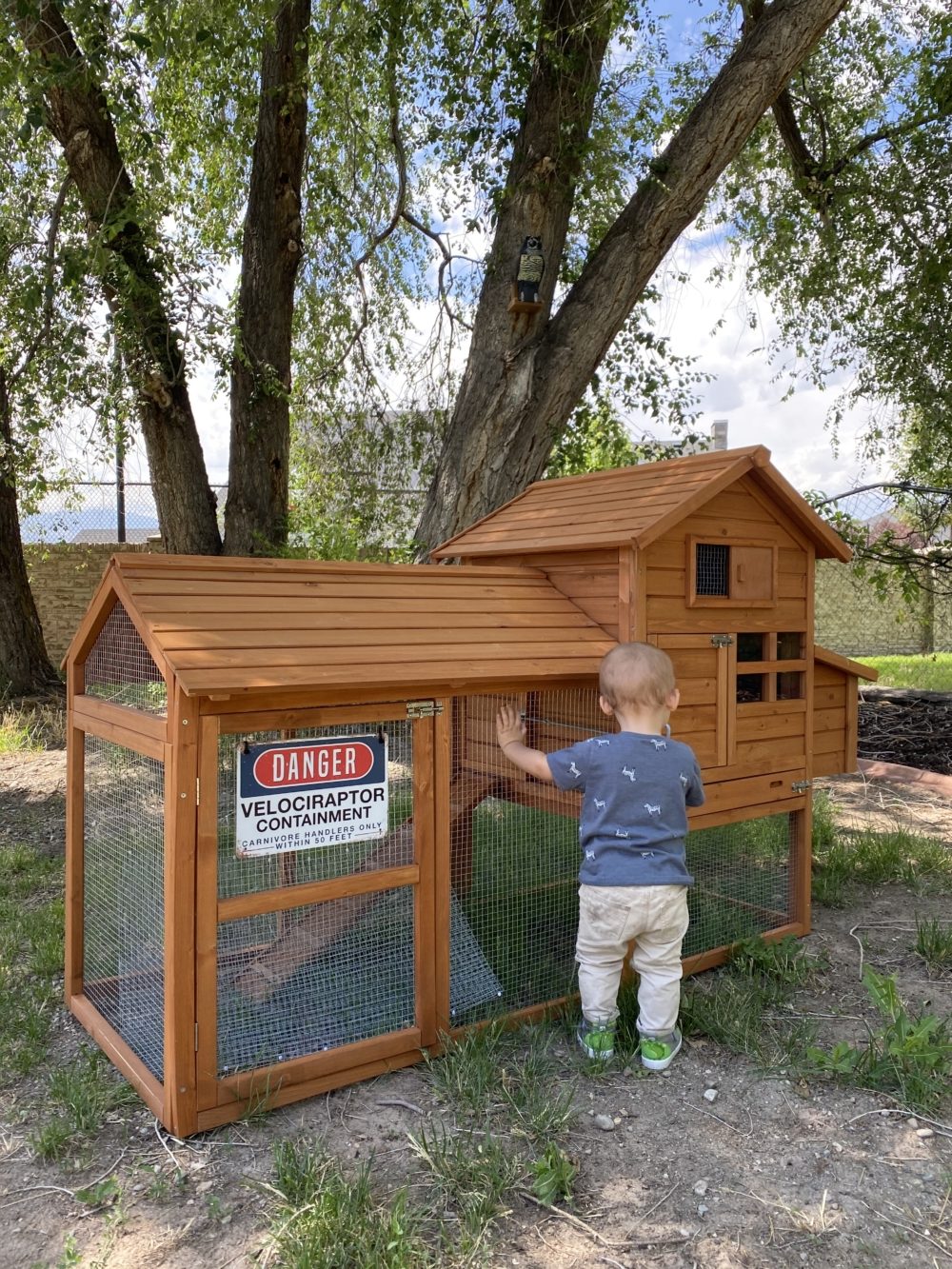
14. Weaving
Weaving is a great way to create beautiful fabrics. This ancient skill can be used to make all kinds of items, from clothing to rugs. It’s easy to get started weaving using a beginner’s kit. In fact, you can even get the kids interested with an intellectual toy weaving kit.
15. Basket Making
Basket making is a great way to create beautiful and functional baskets. This skill can be used to make all kinds of items, from storage baskets to fruit baskets. It’s easy to get started with a simple weaving bowl and then grow to more complicated weaving techniques.
16. Fermentation
Fermentation is a great way to preserve food. This ancient method of food preservation can be used to make all kinds of items, from sauerkraut to kimchi. You can also make sourdough bread, beer, and wine.
17. Knitting
Knitting is a great way to create all kinds of items, from clothing to blankets. If you learn how to make your yarn from wool, you can create completely sustainable products on your homestead.
One of the simplest items you can knit is a scarf. Once you master the basics, you can move on to more challenging projects like sweaters and hats.
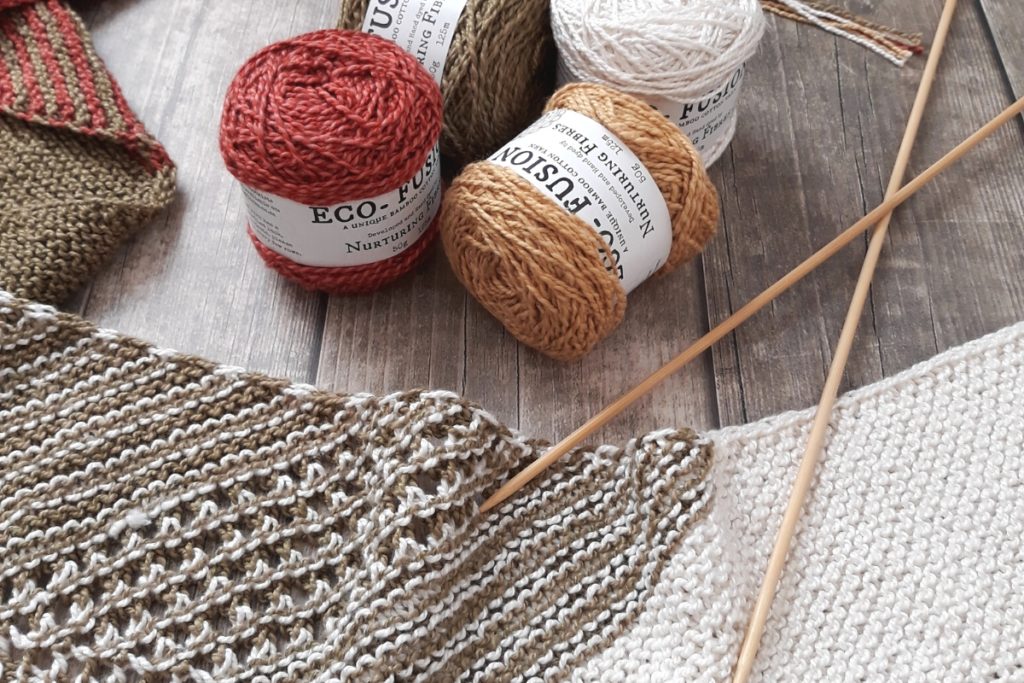
18. Sewing
Sewing is a great way to create and repair clothing. This skill can also be used to make all kinds of other items, from curtains to quilts.
Learning to sew is not as difficult as it may seem. There are plenty of resources available to help you learn, including online tutorials and sewing books. Start by making simple repairs to clothing, and then move on to more challenging projects.
19. Mechanical Skills
Mechanical skills are very important to repair and maintain your homestead equipment. Almost every one who runs a homestead requires at least some basic knowledge of how to fix generators, solar powered machines, tractor carbureators, and the like. This skill can also be used to build or repair structures on your homestead.
20. Using Power Tools
Using power tools is a great way to complete projects quickly and efficiently. This skill can be used to build or repair structures, furniture, and more. Learn to use the basics, including:
- Saws
- Drills
- Sanders
- Nail guns
- Routers
If you know how to use these, you’ll be able to tackle just about any project on your homestead.
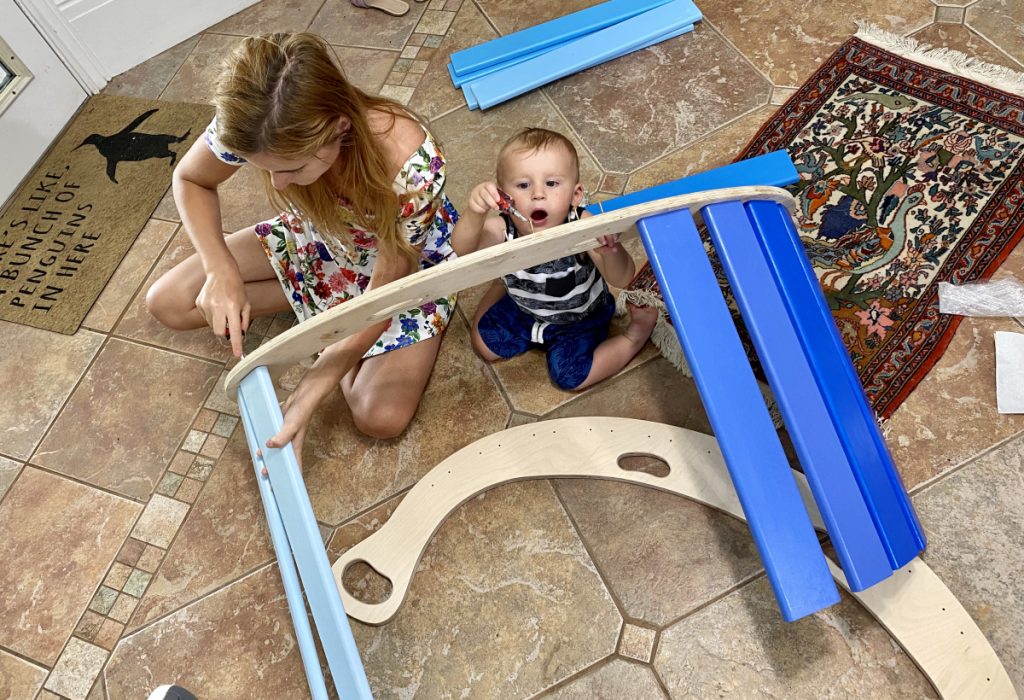
There are a variety of life skills that every homesteader should learn in order to be successful. Each of these skills can help you save money and have the satisfaction of knowing you did it yourself. Start small and gradually learn more skills as you have the time and interest. You’ll be glad you did!


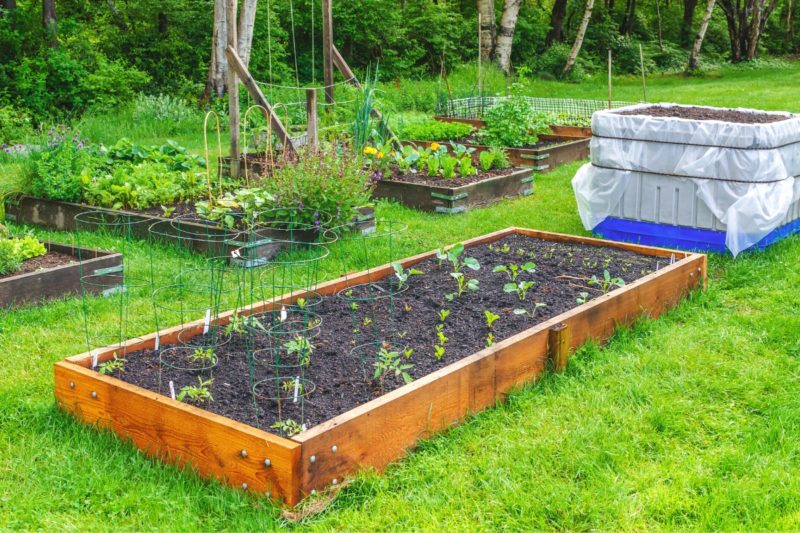



Leave a reply